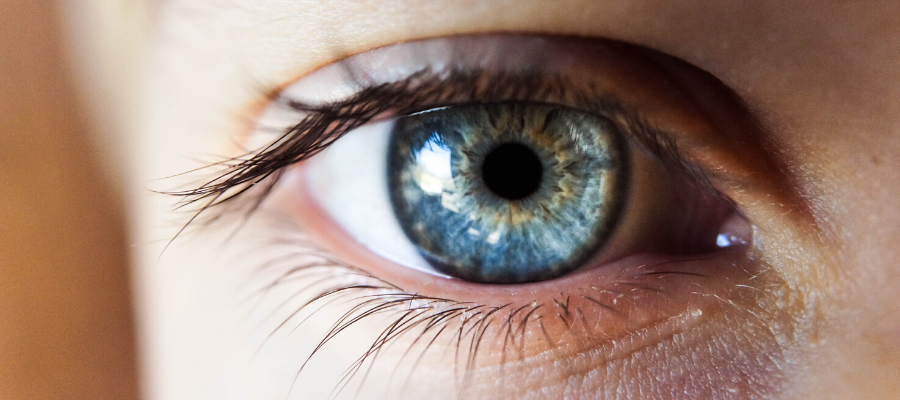Postmodernism
Aug 19, 2007In art, architecture, music, film, literature, sociology, communications, fashion and philosophy there is a contrast between "the modern" and "the post-modern.

The famous American philosopher Daniel Dennett is currently touring the UK to promote his new book From Bacteria to Bach and Back, but the reality of Trump's presidency couldn't escape his thoughts. As he put it, "I begrudge every hour I have to spend worrying about politics."
In an interview with The Guardian, his tone took a quick turn and he placed the blame squarely on postmodernism as an "evil" school of thought. In responding to the state of American politics, Dennett argued: "Philosophy has not covered itself in glory in the way it has handled this. Maybe people will now begin to realise that philosophers aren't quite so innocuous after all. Sometimes, views can have terrifying consequences that might actually come true. I think what the postmodernists did was truly evil. They are responsible for the intellectual fad that made it respectable to be cynical about truth and facts. You'd have people going around saying: 'Well, you're part of that crowd who still believe in facts.'"
There are a couple reasons here to doubt the soundness of Dennett's admittedly harsh accusation.
First, the accusation carries the assumption that "post-truthism" is something that occurred after the emergence of postmodernism, whereas one might have good reason to think that fake news and post-truthism had always been around—not to mention ignoring all the other historical factors at play here. After all, for all the people reading Hannah Arendt's The Origins of Totalitarianism, isn't a fundamental feature of the rise of the Nazi regime the disrespect for distinction between truth and lies?
Second, in a time when most seem to be lamenting the lack of influence of philosophy in general, is invoking the "postmodern" bogeyman even reasonable? Is Kellyanne Conway reading Derrida?
Third, might blaming postmodernism here be the reverse of what we should be doing? As it was put in clever tweet: "Blaming post-modernism for post-truth, alt-facts, and [T]rump is like blaming romance novelists for unsatisfactory marital relations." This point is a good one, for it brings out the opposite potential reading: namely, postmodernism makes something out of an already existing reality. Like the romance novelist who uses unsatisfactory romances for their material, the postmodernist diagnoses and predicts the post-truth world. This argument has at least been made by Andrew Jones, a teacher in the UK. That is, maybe we should be thanking "postmodernism" for giving us frameworks and vocabularies to make sense of this world we live in.
Dennett may be asserting that postmodernism brought about this reality when it's really the fact that reality lived up to and confirmed postmodernist theory.
Comments (2)
werewolf500
Sunday, February 19, 2017 -- 1:10 PM
Post Truth?Re: "isn't a fundamental feature of the rise of the Nazi regime the disrespect for distinction between truth and lies?" not having read the book in question I can only say; nope the problem with the Nazi regime was more the difference between 80-90% truth 20-10% lie.
HelenPluckrose
Tuesday, October 3, 2017 -- 2:36 AM
1) We don't have to claim1) We don't have to claim that post-truth never existed before postmodernism to argue postmodernism to be instrumental on our current problem. In fact, it makes much more sense to say that motivated reasoning, confirmation bias and generally making shit up is the default human way of thinking but the modern era, the scientific revolution, the age of reason gave us tools to mitigate it and humanity thrived as a result of it. Now, PoMo and its attack on all these things is undermining it again.
2) No, we do not have to claim that Kellyanne Conway is reading Derrida to be part of the whole post-truth problem. Epistemic relativity has become part of the cultural furniture now and PoMo has a great deal of responsibility for that. Even the SocJus activists making the most Derridean arguments often don't know that that's what they are doing. Kenan Malik said it well: “When I suggested earlier that the idea of ‘alternative facts’ draws upon ‘a set of concepts that in recent decades have been used by radicals’, I was not suggesting that Kellyanne Conway, or Steve Bannon, still less Donald Trump, have been reading up on Foucault or Baudrillard… It is rather that sections of academia and of the left have in recent decades helped create a culture in which relativized views of facts and knowledge seem untroubling, and hence made it easier for the reactionary right not just to re-appropriate but also to promote reactionary ideas.”[12]
3) There are two ways to look at post-truth via postmodernism. 1) The postmodernists like Baudrillard were right and we are heading into an era where we have lost touch with the real due to technological advances and globalism and it's an observation rather than anything they brought about. 2) Postmodernism is instrumental in undermining the cultural and intellectual respect for & belief in objective knowledge. I would suggest both are true and fatally colliding.